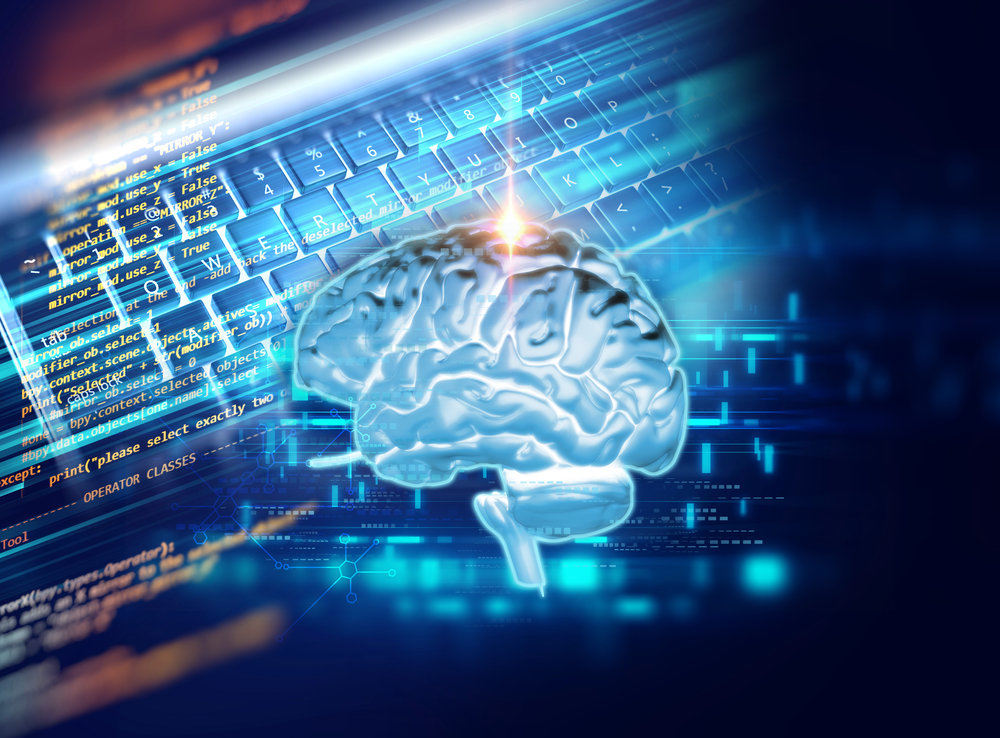Artificial intelligence will have a big impact on virtually every business model and job opportunity one can think of. The legal sector, for example, could benefit tremendously from embracing AI in the future. Although this may cost some jobs along the way, the innovative opportunities should not be overlooked by any means.
3. Document Review
Anyone who has ever dealt with the legal system will have noticed there is a lot of administration associated with this sector. Artificial intelligence can make quite a positive impact in this regard. By applying cognitive technologies to document-oriented aspects of the law, criminal cases can to move ahead more quickly. Some of the use cases include research, compliance-related work, and even due diligence.
Having these documents reviewed by computers will not only speed up the process but also result in more accurate findings. The UK high court backed the use of predictive coding in electronic disclosure in 2016, which marked quite an important milestone for AI. Moreover, predictive coding has been approved as a technology in the US since 2013.
2. Advisory Services
Although it may sound strange to seek legal advice from an AI solution, this idea is not as ridiculous as some people would think. Do keep in mind artificial intelligence would only offer simple advisory services in its current stage, such as answering simple legal questions and providing supporting references. As AI solutions analyze more legal cases and documents, they will become capable of offering advanced advisory services moving forward.
Legal web advisors have become somewhat of a trend in the legal department already. All of these online advisors rely on AI software to assist clients with their questions. Based on user input, the AI classifies individual problems for analysis. It then goes on to provide an output in the form of a solution for that specific problem. It is evident a lawyer will still be needed, yet AI solutions can take some of the workload off lawyers’ shoulders.
1. Case Predictions
It has to be said, this concept sounds intriguing and scary at the same time. Artificial intelligence is, in theory, capable of predicting the outcomes of legal disputes and proceedings. An automatic analysis of past case records combined with data mining and predictive analysis techniques can yield some interesting results, to say the least. Such a tool would be invaluable to lawyers all over the world, that much is certain.
No one should be surprised to learn this type of technology is already being used in the legal sector today. Hodge Jones and Allen, a London-based law firm, uses a predictive model of case outcomes to assess the viability of personal injury cases. Although AI solutions like these will never be 100% correct, it will become less of a “guessing game” as more data can be analyzed. Improving decision making through more accurate forecasting will shape up the legal sector as a whole.
If you liked this article, follow us on Twitter @themerklenews and make sure to subscribe to our newsletter to receive the latest bitcoin, cryptocurrency, and technology news.

